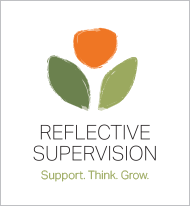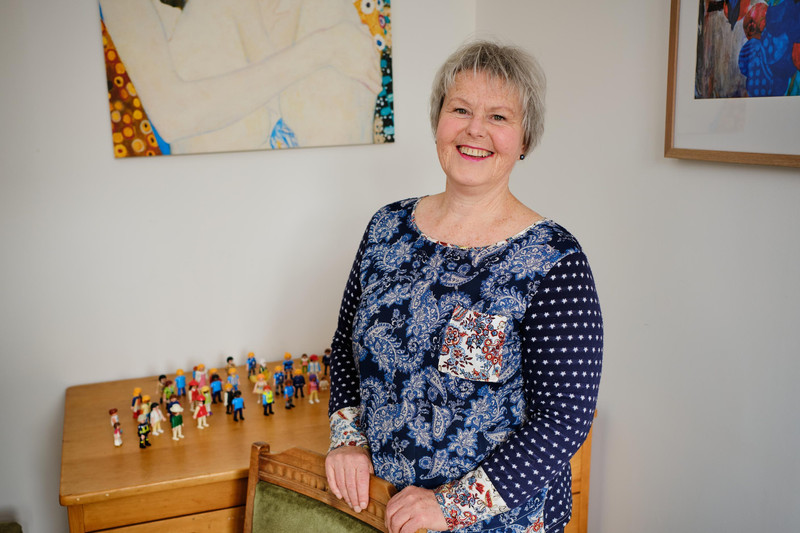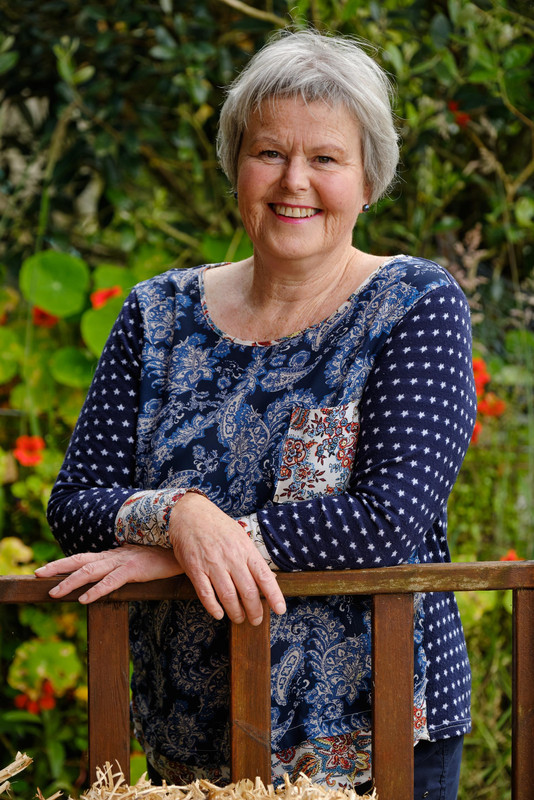Reflective Supervision
What is Reflective Supervision?
Reflective practice is, in its simplest form, thinking about or reflecting on what you do. Reflective Practice is about setting aside a time and safe space to do this that is formal, structured and confidential.
Healthcare professionals, midwives etc are subject to high levels of emotional stress, irrespective of their level of experience. Putting supportive strategies in place can help to sustain and develop the workforce and using a reflective supervision model is an emerging strategy to support, develop and sustain professionals in their professional practice.
You think about what you did, what happened, the outcome and decide what you might do differently next time. Thinking about what has happened is part of being human. Reflective practice is different from casual thinking. Reflective practice requires a conscious effort to think about events and develop insight.
What is the purpose of Reflective Supervision?
The purpose of Reflective Supervision is to build a better understanding of your professional actions and to develop professionally by using this knowledge to modify and adapt professional practice.
Who is clinical supervision for?
Reflective Supervision is for anyone working for an organisation, reporting into people, leading a team, or working with the public. Coming from a background in Midwifery, Morag works predominantly with people in the health and caregiving sectors. People in careers focused on caregiving, midwifery, nursing, physicians, social works and teachers. Anyone in aid or helping professions who work with people such as volunteers, emergency services and first responders.
What is Clinical Supervision?
Reflective Supervision uses the Clinical Supervision Role Development Model developed by New Zealander Michael (Mike) Consendine. He viewed Clinical Supervision as a journey of professional discovery and growth.
Role Development uses aspects of Role Theory (Jacob L. Moreno, 1889-1974) to encourage supervisees to explore the many roles they take on and are surrounded by in their work. It helps highlight the dynamics of relationships. It is thoughtful and revealing work.
Role Development uses a technique called concretisation. By physically placing 2D or 3D Play of Life ® (Carlos Raimundo, 2002) characters in front of themselves, supervisees move beyond what is in their heads and beyond a verbal explanation to a place where they can ‘see’ their own story in complex work environments. Supervisees observe and evaluate these depictions of their experience.
It’s reflective, restorative and enabling.
Time is taken to create a trusted partnership or alliance between the supervisee and supervisor. What the supervisee brings to discuss, leads each session. The process is gentle and reflective. Supervisees become more creative in their approach to their problems. Role Development Clinical Supervision is an enlivening experience for the supervisee.
Clinical Supervision for Health Professionals
Clinical Supervision for health professionals uses Role Theory to help assist people in understanding the roles that people assume in response to their environment. Applying this model helps explore emotional, cognitive and behavioural elements, identifying, naming and analysing these. It helps the supervisee to explore workplace interactions and relationship with colleagues, patients and families. It also helps create safe reflection in analysing and understanding stressful experience in the work environment and the challenges of working within complex organisational systems.
Clinical Supervision is not:
Supervision has been a term that, in the past, has had a punitive connotation and been experienced by some as a negative experience and outcome, particularly in the health sector. Clinical Supervision is not a punitive experience or a mechanism of policing. It is a distinct model of reflective practice and support. Reflective Supervision is not something to start as a last-ditch effort, but something to integrate into your professional practice to help you to grow and thrive. It is not something that only happens if something goes wrong, it’s something that is a positive, supportive ongoing part of professional development.
Finding time for regular Clinical Supervision and Reflection is important
Finding time has been frequently cited as a barrier to attending Clinical Supervision, as such, it’s something that we encourage professionals to build into their working routine. It sits in the professional, rather than personal domain while acknowledging that health care professionals regularly undertake highly stressful and emotional work.
The supervisee to supervisor relationship is supportive and non-hierarchical. And is underpinned by the development of trust, over time. There is a focus to supporting and developing, care and acceptance, without the need for justification.
What are the benefits of Reflective Supervision and regular Clinical Supervision sessions?
Recorded benefits have included an increase in confidence, feeling supported and valued as well as improved team relationships, communication and self-care.
Feedback for clinical supervision has been things like, ‘it really boosted morale and got people motivated,’ and, ‘it made a difference’ to daily working life.
There is a growing body of evidence that the benefits of Clinical Supervision include:
- feeling more supported within the work environment
- increased level of knowledge
- increased confidence
- Reduced levels of stress and anxiety
- Fewer instances of burnout
- Improved retention of staff
- Improved collegial and cross discipline communication
At Reflective Supervision you make the decisions
Clinical Supervision is an enlivening experience for the supervisee, where they start to value the opportunity for self-care. Clinical Supervision is regular, protected time for facilitated in-depth reflection on clinical practice. It aims to enable the supervisee to achieve, sustain and creatively develop a high-quality practice through the means of focussed support and development.
Is Reflective Supervision right for you?
Are you looking to improve your emotional wellbeing in the workplace? Are you looking for an opportunity for non-critical, confidential and safe reflection?
When staff know what clinical supervision is, trust the process, and negotiate the time needed to attend, the benefits of professional development are huge.
If you’re interested in finding out more about clinical supervision, and how you could benefit, get in touch with Morag from Reflective Supervision today on 027 671 8221.






